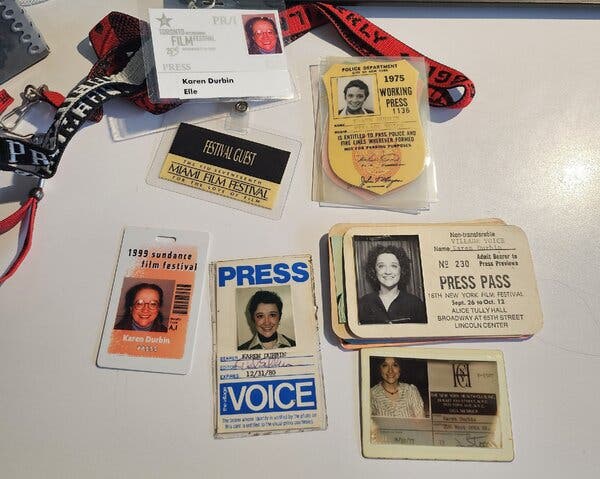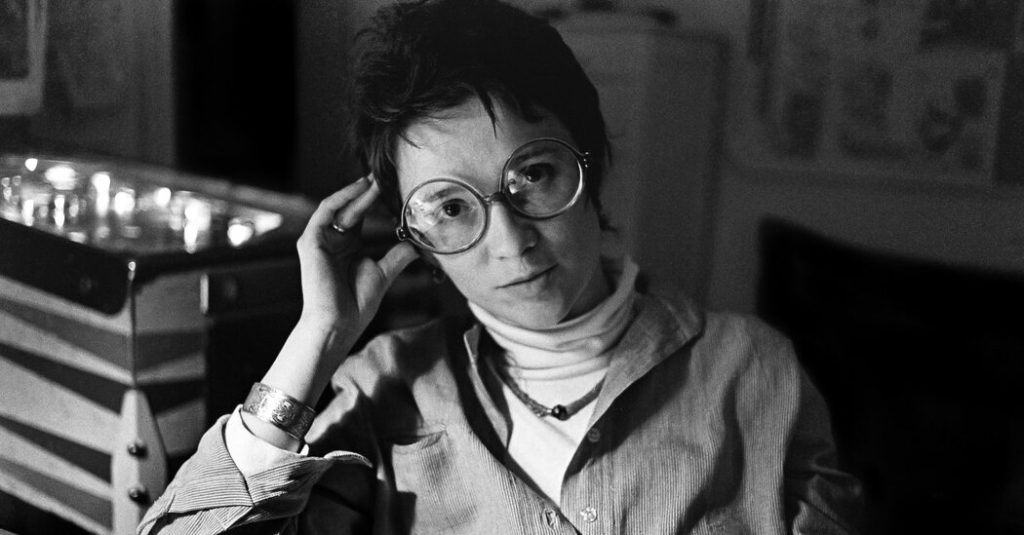Karen Durbin, a fierce feminist who championed sexual liberation and fulfillment as a journalist, served as the second female editor in chief of The Village Voice and then went on to become a virtuoso film critic for The New York Times and other publications, died on April 15 in Brooklyn. She was 80.
Her death, in a health care facility, was caused by complications of dementia, her friend and former colleague Cynthia Carr said.
Appointed in 1994 as The Voice’s editor in chief — she was only the second in the paper’s history, and the first in nearly two decades — Ms. Durbin waged a fervent campaign to attract young readers. Part of that effort involved tilting toward often incendiary coverage of feminism, gay rights and avant-garde culture, and away from muckraking about corrupt and incompetent landlords, judges and politicians.
Not that she abandoned covering corruption and crime: In 1996, she overruled the paper’s lawyers and published an article that all but accused the nightclub promoter Michael Alig of “A Murder in Clubhand,” as the headline proclaimed, after the reporter, Frank Owen, produced an on-the-record source. (Mr. Alig later pleaded guilty to manslaughter.)

An assortment of Ms. Durbin’s press credentials. After her stint as editor in chief at The Village Voice, she wrote about film for The New York Times and other publications.Credit…Karen Durbin Papers, Barnard Archives and Special Collections
But even before she was editor in chief, she had set a tone that outraged traditionalists, mostly the older, white male staffers — or “the boys club,” as she put it. When she was the senior arts editor, they took issue with some of her editorial choices, including an assignment she made in 1986: Ms. Carr’s profile of the performance artist Karen Finley, whose act included the sexually explicit use of canned yams as part of a sendup of female objectification.







